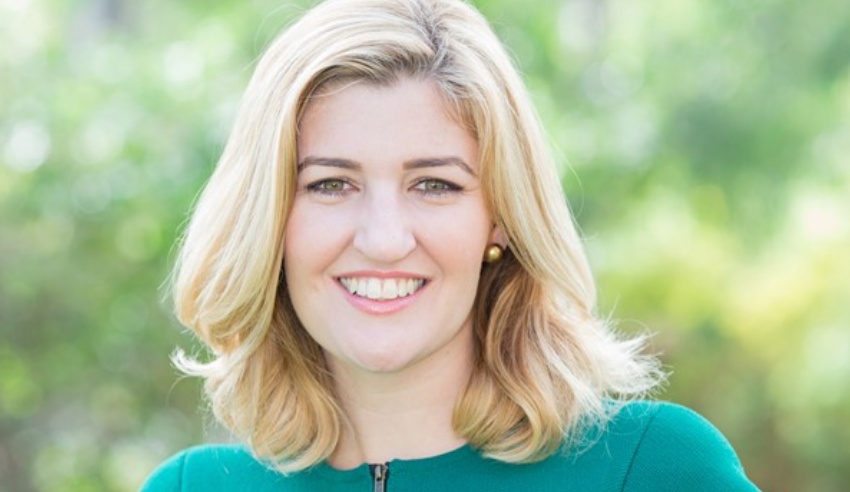Claim farming banned in Qld
The Queensland government has passed legislation that bans personal injury claim farming, but one plaintiff firm says that an “important amendment” to the legislation needs more attention.

Late last week, the Personal Injuries Proceedings and Other Legislation Amendment Bill 2022 passed the Queensland Parliament, banning the making of personal injury compensation claims through so-called “claim farming”.
“These new laws stamp out this practice by prohibiting anyone from approaching another person without their consent and soliciting or inducing them to make a claim. It is also now an offence to pay claim farmers for the details of potential claimants, or to receive payment for a claim referral.”
The new laws, Ms Fentiman continued, build on the success of changes introduced by the state government three years ago to stop the increasingly prevalent practice of claim farming for motor vehicle compulsory third-party claims.
“Since those CTP claim farming reforms commenced in December 2019, the Motor Accident Insurance Commission has recorded a significant drop in the number of people reporting they are being harassed by claim farmers,” she said.
“However, due to the success of the reforms, the claim farming industry has pivoted to new types of personal injury claims with reports that claim farmers are targeting personal injury claims, including those involving institutionalised child sexual abuse, and workers’ compensation claims.”
“These new laws address this by prohibiting claim farming and breaking the nexus between claim farmers and legal practices by requiring law practices to certify that claims they are representing have not been farmed,” the A-G posited.
Industrial Relations Minister Grace Grace said that she is proud that the Queensland workers’ compensation scheme will be the first in Australia to specifically legislate against claim-farming activities.
“The amendments also ensure workers who unfortunately sustain a work-related terminal condition are able to access terminal compensation when they most need it,” Minister Grace said.
“Queensland is the only jurisdiction in Australia to offer broad ranging statutory terminal compensation of this nature. The workers’ compensation regulator also has expanded compliance and enforcement powers to effectively prosecute claim farming offences, and these are consistent across the schemes, ensuring there are no weak points to be exploited by claim farmers.”
The A-G added that the new laws would not affect the rights of genuinely injured Queenslanders to access justice.
“Claimants can still initiate and progress legitimate claims under the Personal Injuries Proceedings Act or the Workers’ Compensation and Rehabilitation Act,” Ms Fentiman said.
“The new laws will, however, prevent claimants or potential claimants from being incentivised, harassed, and induced into making a claim by a claim farmer who will receive payment for the referral.
“The laws remove the financial incentive for claim farmers to harass Queenslanders and ensure the justice system is not burdened by the cost of unnecessary personal injury and workers’ compensation claims.”
Shine Lawyers head of dust diseases Kathryn Townsend said that the plaintiff firm welcomes the government’s movement towards eliminating claim farming but noted that there is another “important amendment” to the legislation that has received far less attention.
“Under a proposed change to the terminal illness benefit, workers would have been denied compensation unless they were going to die within three years. Thankfully, this cruel idea has been scaled back but dying workers will nonetheless still need to prove they will die within five years to access the benefit,” she said.
“Previously, there was no such limitation, and we strongly believe it ought to have remained that way.”
The benefit can be worth more than $700,000, Ms Townsend continued, “which is a life-changing sum of money for people who are often too sick to work or provide for their families”.
“I’ve seen the difference the benefit can make for clients of mine by improving their quality of life and providing financial peace of mind in their final years. Forcing workers who are dying through no-fault of their own to wait until their condition deteriorates to receive this benefit is heartless,” she said.
“It shouldn’t be left to insurers, who put profits ahead of people, to decide whether a worker is sufficiently close to death to deserve assistance.
“Queenslanders deserve better and I’m disappointed state parliamentarians are kowtowing to insurers who – by their own admission – only asked for this reform to save money.”

Jerome Doraisamy is the managing editor of professional services (including Lawyers Weekly, HR Leader, Accountants Daily, and Accounting Times). He is also the author of The Wellness Doctrines book series, an admitted solicitor in New South Wales, and a board director of the Minds Count Foundation.
You can email Jerome at: